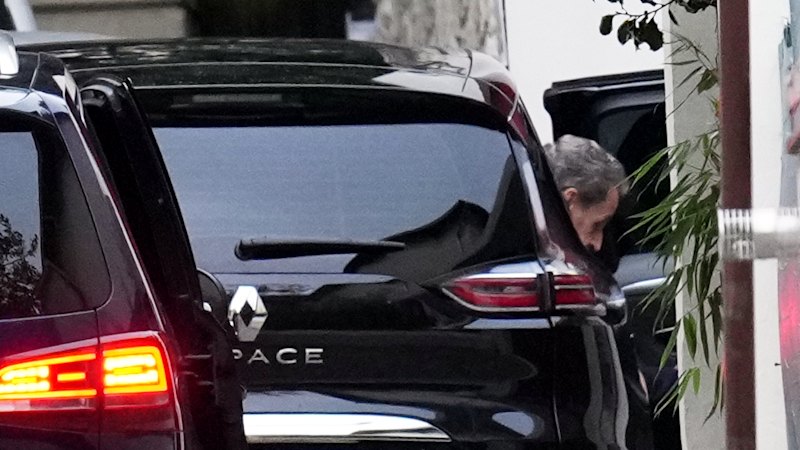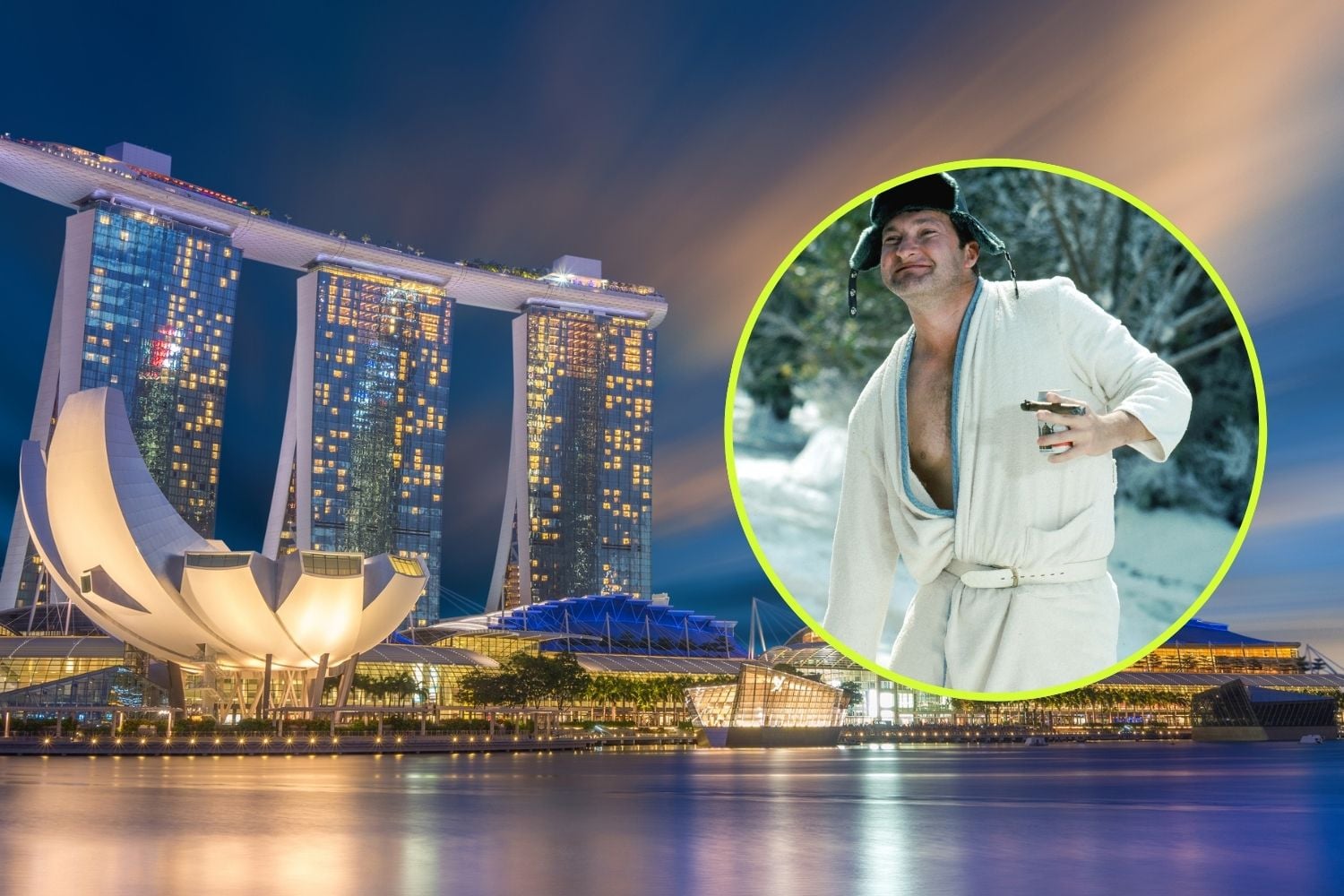
France’s former president Nicolas Sarkozy has been released from prison after serving just 20 days of a five-year sentence for criminal conspiracy. A Paris appeals court granted his release under judicial supervision, allowing him to leave La Santé prison in Paris and return to his home in the western part of the city. The decision comes as Sarkozy awaits an appeals trial, expected to occur in the spring, regarding his conviction for allegedly financing his 2007 election campaign with funds from Libya.
Sarkozy, 70, who has consistently denied any wrongdoing, is prohibited from leaving France and from contacting key figures involved in the case, including co-defendants and witnesses. His release marks a significant moment in French legal history, as he became the first former French head of state in modern times to be incarcerated following his conviction on September 25. He was jailed on October 21 but promptly filed for early release.
Sarkozy Describes Prison Experience
During a hearing on Monday, Sarkozy, speaking via video conference from prison, described his incarceration as a “nightmare” and emphasized his compliance with judicial requirements. “I had never imagined I would experience prison at 70. This ordeal was imposed on me, and I lived through it. It’s hard, very hard,” he stated. Sarkozy expressed gratitude towards the prison staff, who he said assisted him through the challenging period. His wife, Carla Bruni-Sarkozy, and two of his sons were present at the Paris courthouse during the hearing.
Sarkozy was held in an isolation wing for his safety, with access to basic amenities such as a toilet, shower, desk, and a small electric hob. He also had a television, which cost $US16 ($24) a month. The proceedings did not delve into the motives behind his sentencing, but Sarkozy reiterated his innocence, stating, “I will never admit something I didn’t do,” denying any request for financing from Libya’s former ruler, Moammar Gadhafi.
Legal and Political Implications
Under French law, release pending appeal is generally favored unless the individual poses a flight risk or could interfere with evidence or witnesses. Sarkozy’s lawyer, Christophe Ingrain, welcomed the court’s decision, referring to it as a “normal implementation of law.” He added, “The next step is the appeal trial and our work now … is to get prepared for that.”
In a rare move, the court explicitly prohibited Sarkozy from contacting Justice Minister Gerald Darmanin and other justice officials. Darmanin, who previously regarded Sarkozy as a mentor, visited him in prison last month, a decision that drew criticism from some magistrates for potentially undermining judicial independence.
Ongoing Legal Challenges
Sarkozy’s legal troubles are far from over. He faces additional proceedings, including a ruling by France’s highest court on November 26 concerning the illegal financing of his unsuccessful 2012 re-election campaign. Moreover, an investigation into alleged witness tampering in the Libya case is ongoing. In 2023, Sarkozy was found guilty of corruption and influence peddling for attempting to bribe a magistrate for information on a legal case involving him. This verdict was upheld by France’s highest court, the Court of Cassation.
The unfolding legal battles continue to cast a shadow over Sarkozy’s legacy, with implications for France’s political landscape and judicial system. As the appeals trial approaches, the former president’s future remains uncertain, with potential ramifications extending beyond his personal fate to broader questions of political accountability and judicial integrity in France.
“I will never admit something I didn’t do,” Sarkozy asserted, maintaining his innocence in the face of multiple legal challenges.
As the situation develops, the world watches closely, eager to see how this high-profile case will unfold and what it will mean for the future of French politics.







